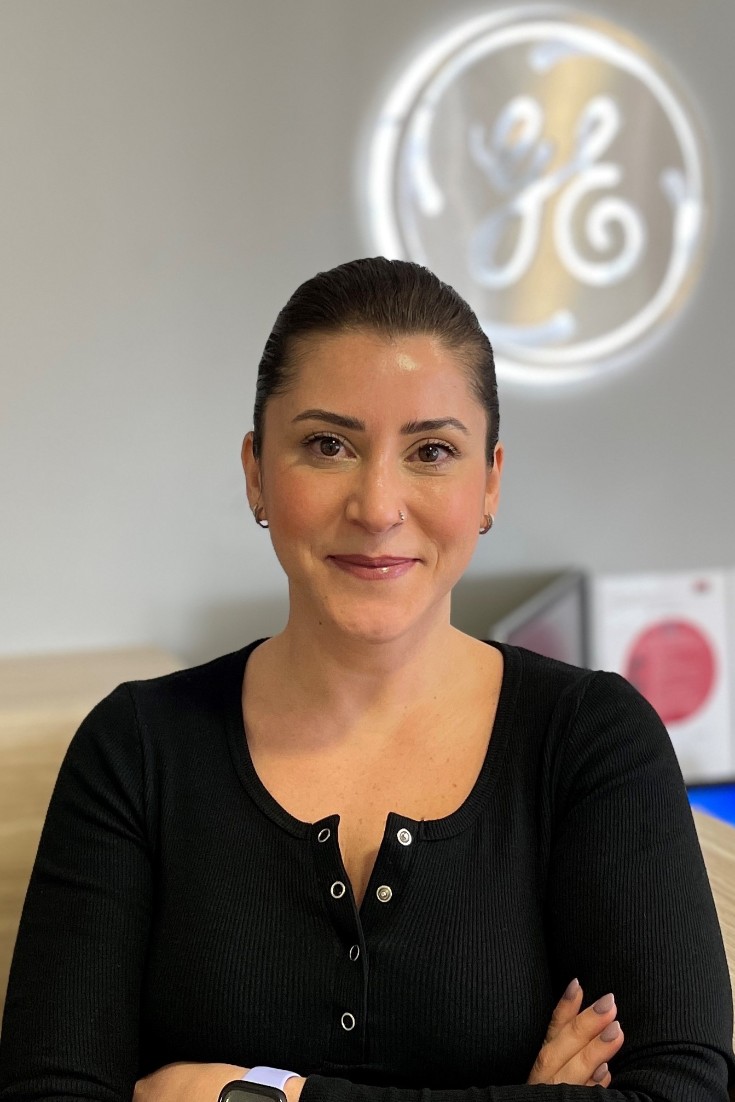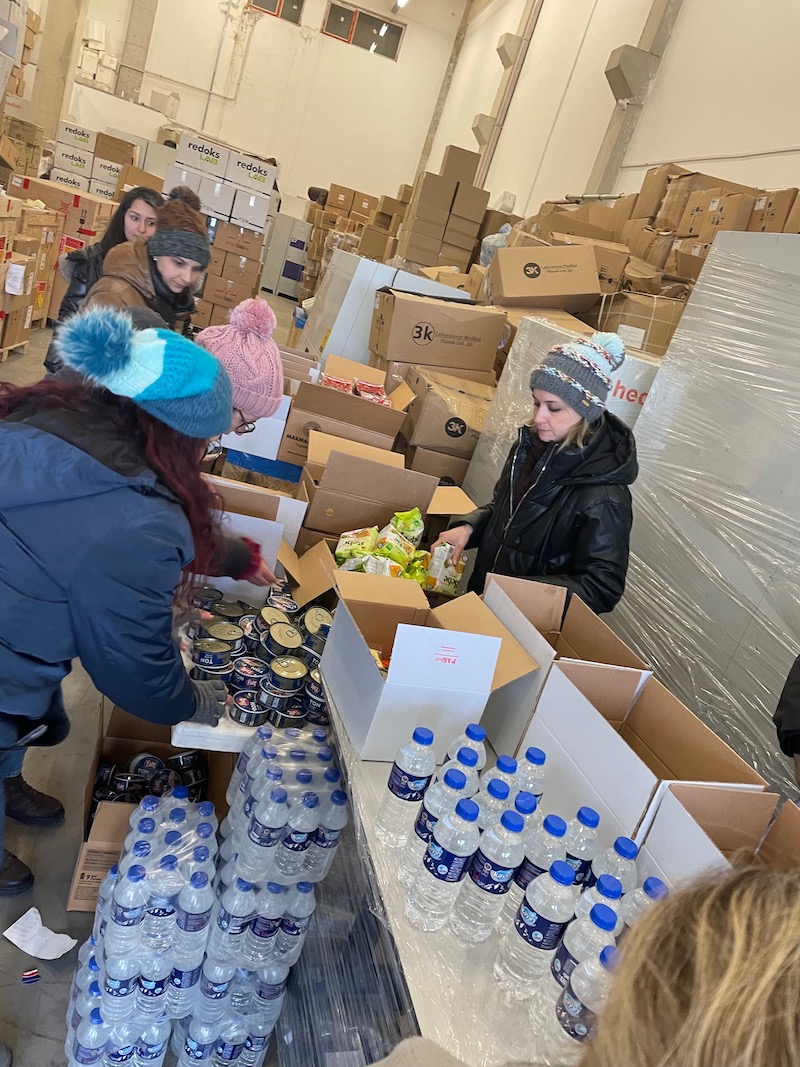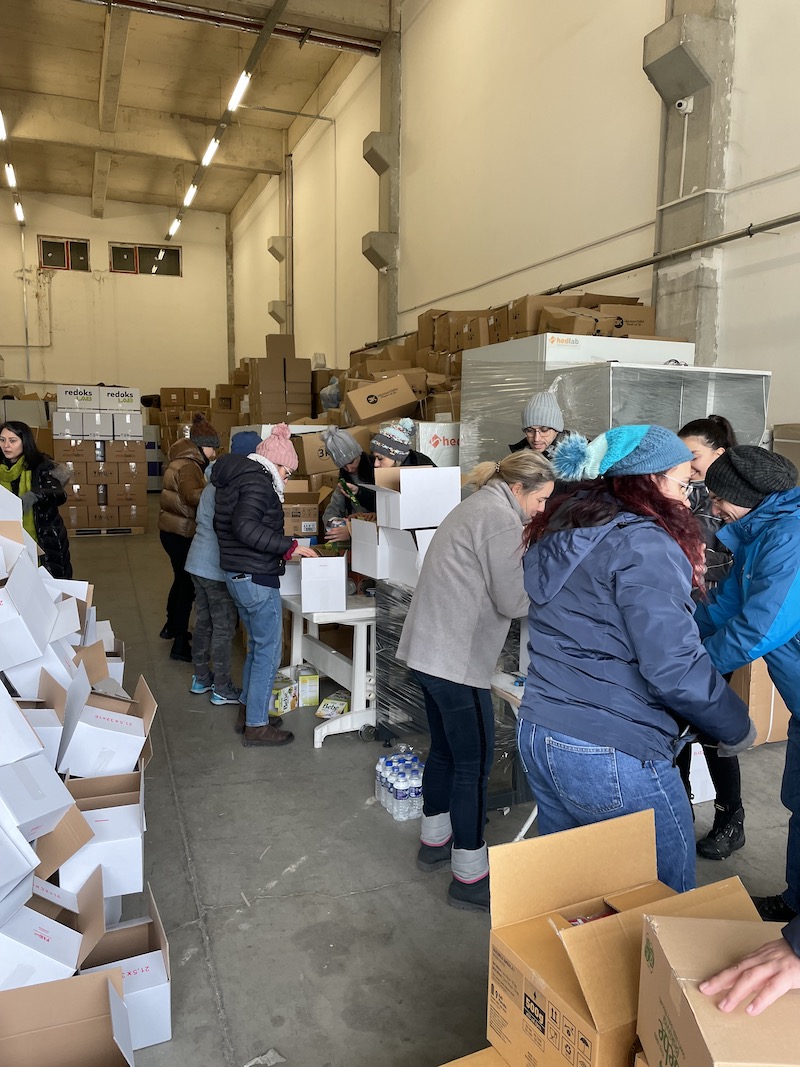After a series of earthquakes hit eastern Turkey and Syria last month, killing more than 50,000 people and leaving 1.9 million homeless, the Turkish employees of GE HealthCare knew they had to do something to help.
Fourteen of these employees were affected by the quake, says Aylin Icten Kus, who works in sales and services for GE HealthCare Turkey and Central Asia and is an environmental health and safety leader. They were field engineers and commercial employees who work remotely, and thankfully none were injured; all the damage was done to property. Staffers in the main offices in Istanbul and Ankara (both in the western part of the country) organized a crisis management team that worked to find shelter for them and their families and arrange transportation away from the quake site, and an employee assistance program is providing psychological and legal help.
“We involved our colleagues to provide support for them,” says Icten Kus, who is based in Istanbul and is a member of the crisis management team. “It has been several very emotional days and weeks. Our first priority is to make them feel safer and that they are not alone.”
But GE HealthCare colleagues knew there was more they could do. The quakes had disrupted the lives of 14 million Turks, or 16% of the country’s population, and caused an estimated $84 million in damages, according to Bloomberg. The first quakes hit on February 6 (the largest measured 7.8 on the Richter scale) and aftershocks continued throughout the month, including two more major quakes on February 20 and 27. It was impossible not to feel affected, says Icten Kus.
“The victims have nothing,” she says. “They don’t have their homes, they don’t have property, they don’t have money. The victims feel like they have lost their whole lives and all the good memories. It’s emotional for the whole region.”
One of the affected GE HealthCare employees is Mehmet Tufan, a field engineer who lives in Adana, less than 100 miles from the epicenter of the first quake. “The earthquake lasted approximately one minute, but it felt like an hour to me,” he says. “My children's eyes are the only thing I remember from that moment. As a father I felt helpless, because I couldn't do anything for them. We were thankful that only our house was heavily damaged after the earthquake and my family is all safe. We try to hold on to life by being thankful for what we have, believing that there is something better coming. We are patiently waiting for the days when everything is going to be normal once again.”
After the first quake, GE HealthCare announced it would donate $1 million in equipment to an NGO, including Vscan handheld ultrasound and mobile X-ray systems, which would be distributed by relief organizations on the ground. The company will also match donations from employees around the world to several nonprofits, including the Bridge to Türkiye Foundation and AHBAP, which provide food and water and other basic needs.
Some of the equipment donations have already arrived in Turkey, says Icten Kus. Meanwhile, volunteers at GE HealthCare Turkey continue to brainstorm and suggest new ways to help, including training and certification programs for disaster relief.
“We’re expecting new earthquakes,” says Icten Kus, “and we’re trying to get ready for that kind of disaster.”



